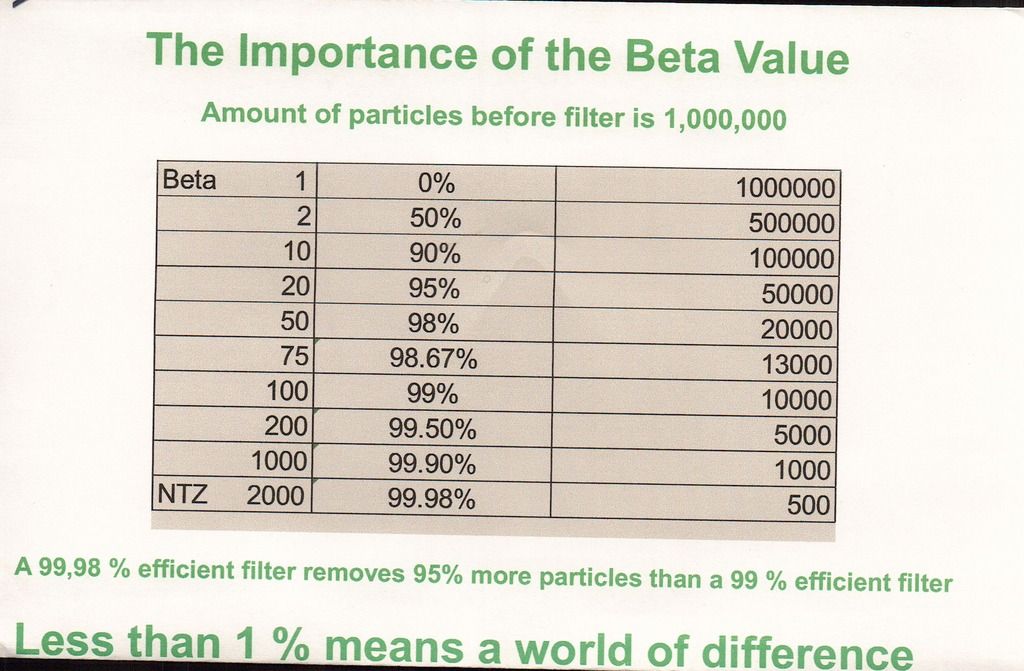Originally Posted By: UncleDave
Originally Posted By: RusskiBoSS
How about getting a low efficiency filter (Supertech, Driveworks, etc.) for cheap and running it for that interval? I'm 100% positive it will make it. AND as filter does it's job - its efficiency improves. SOOO they longer you run it - the better it filters TO A CERTAIN EXTENT. I would easily run it for 20k in a clean engine. Makes sense?
*puts on a flamesuit*
Doesn't make sense to me.
Extended OCI's aren't just about the filtering -its equally about the filters integrity at the far reaches of the OCI.
Extended OCI's stress the filter media and the cheap filters aren't usually wire backed.
A non wire backed filter becomes more susceptible to tearing and compressing/ opening up the pleats as it becomes loaded and aged , more efficient from a filtering perspective - sure as long as it maintains its integrity.
Looking at some of the wavy pleats in cut open cheapies even at at moderate intervals I wouldnt do it.
With the diff between cheap and expensing being a few bucks - I wont risk my engines on extended intervals with cheap filters.
It seems penny wise and pound foolish.
As always your engines - your money- your choice.
UD
Idk about Supertech, but I did see a few Driveworks here cut open after extended OCIs and have yet to find a one that had a torn media... But I will only test out my theory after I got through all the Mobil 1, Fram Ultras, Bosh Distance Pluses, and Purolator Bosses that I got in stash.
Originally Posted By: RusskiBoSS
How about getting a low efficiency filter (Supertech, Driveworks, etc.) for cheap and running it for that interval? I'm 100% positive it will make it. AND as filter does it's job - its efficiency improves. SOOO they longer you run it - the better it filters TO A CERTAIN EXTENT. I would easily run it for 20k in a clean engine. Makes sense?
*puts on a flamesuit*
Doesn't make sense to me.
Extended OCI's aren't just about the filtering -its equally about the filters integrity at the far reaches of the OCI.
Extended OCI's stress the filter media and the cheap filters aren't usually wire backed.
A non wire backed filter becomes more susceptible to tearing and compressing/ opening up the pleats as it becomes loaded and aged , more efficient from a filtering perspective - sure as long as it maintains its integrity.
Looking at some of the wavy pleats in cut open cheapies even at at moderate intervals I wouldnt do it.
With the diff between cheap and expensing being a few bucks - I wont risk my engines on extended intervals with cheap filters.
It seems penny wise and pound foolish.
As always your engines - your money- your choice.
UD
Idk about Supertech, but I did see a few Driveworks here cut open after extended OCIs and have yet to find a one that had a torn media... But I will only test out my theory after I got through all the Mobil 1, Fram Ultras, Bosh Distance Pluses, and Purolator Bosses that I got in stash.







